Sustainable Development Goals
Main SDG introduction
World leaders adopted the 2030 Agenda for Sustainable Development and its 17 Sustainable Development Goals (SDGs) at a historic UN conference in September 2015. The SDGs call for action by all countries to promote prosperity while protecting the planet, thereby recognizing that ending poverty must go hand-in-hand with strategies to build economic growth, address social needs, tackle climate change and ensure environmental sustainability.
It is becoming increasingly clear that the sustainable management of productive forests in the tropics, and a sustainable tropical timber trade, can help in meeting future wood demand and achieving the SDGs. ITTO is empowered to promote the expansion of international tropical timber trade from legal and sustainable sources. It is perfectly placed, therefore, to assist countries in their efforts towards all the SDGs, especially SDG 1 (“No poverty”), SDG 12 (“Responsible consumption and production”), SDG 13 (“Climate action”) and SDG 15 (“Life on land”). Some of the ways it is doing this are outlined below.
Select one or multiple SDGs below to see ITTO’s contributions towards achieving them.
Please scroll down to see the search results
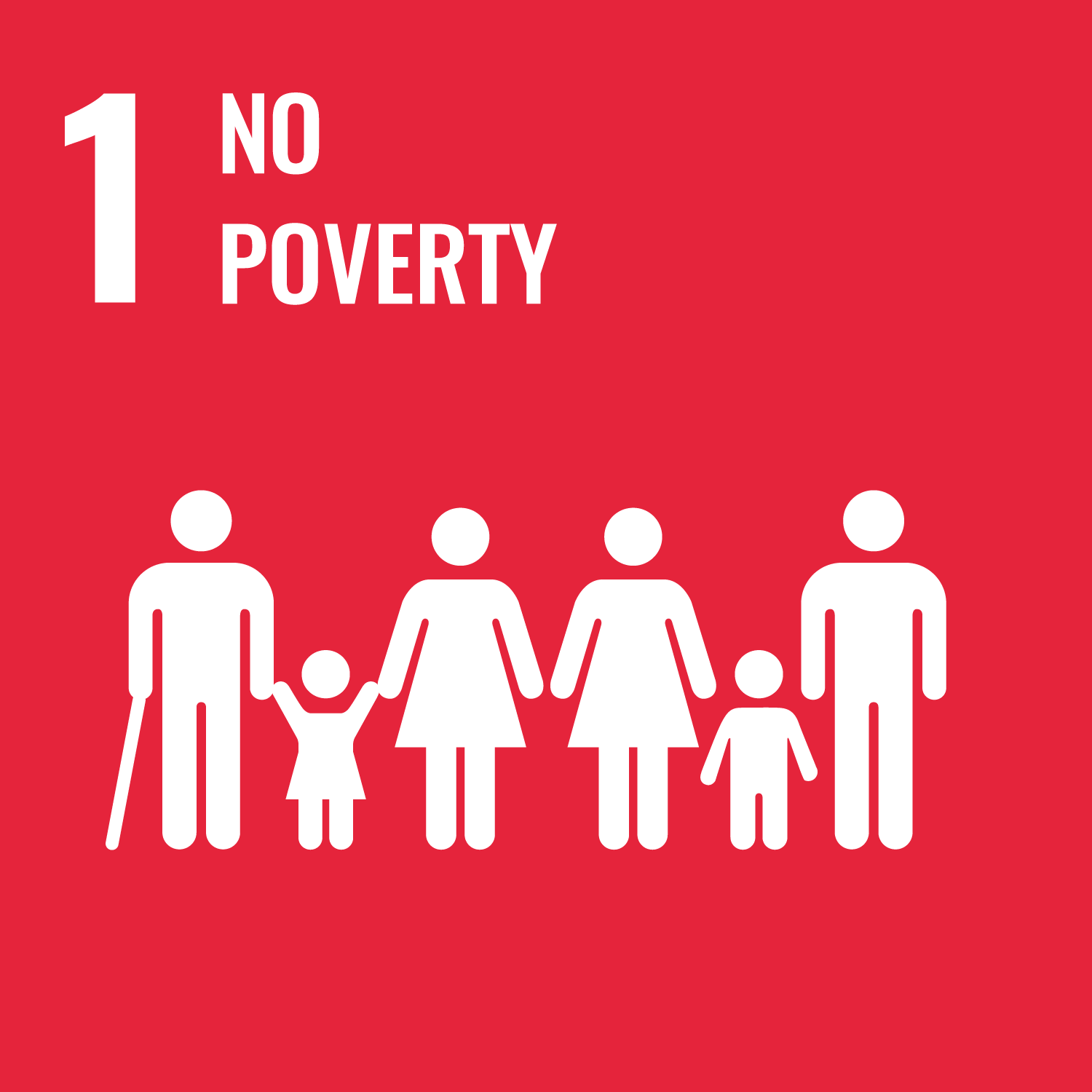
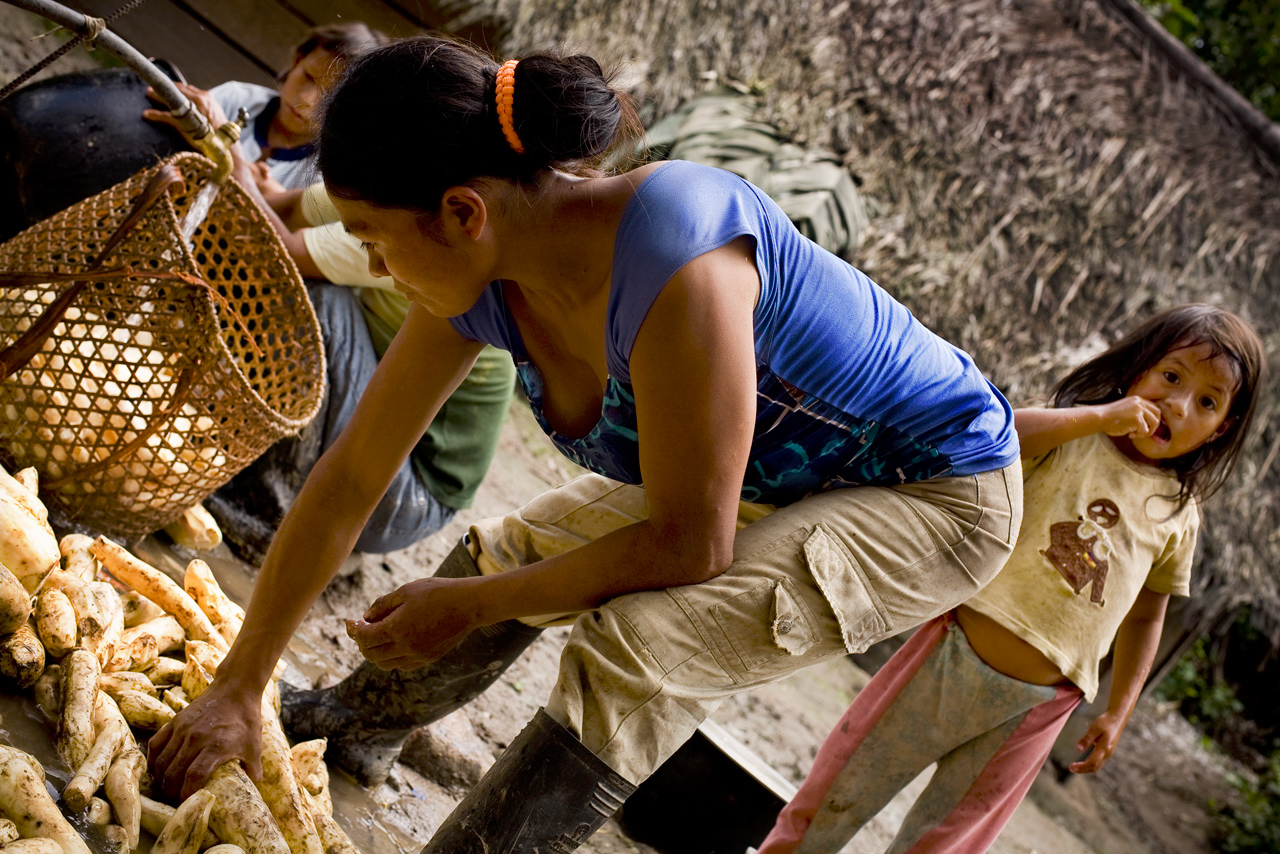
Through its projects, ITTO is helping countries improve socioeconomic outcomes in tropical forests, where hundreds of millions of indigenous peoples and local communities live, often in extreme poverty. In its policy and field work, ITTO:
- Supports efforts to develop economic opportunities for women, young people and other vulnerable groups.
- Encourages community forestry, the development of locally based forest enterprises, local food security, and equitable benefit sharing.
- Helps build capacity in rural communities to manage forests sustainably and add value to forest products, thereby increasing local employment and improving local livelihoods.
- Promotes the economically viable restoration of degraded landscapes and the sustainable production of wood and wood-based energy.
- Enables forest owners and local communities to earn export income from sustainably produced wood and non-wood products.
ITTO works closely with all stakeholders to develop sustainable supply chains, which, among other things, help ensure that forest communities and locally based enterprises capture more of the value of tropical timber production. Social safeguards and gender guidelines are in place to ensure the inclusion of women and vulnerable groups.
Related ITTO contributions for the selected Sustainable Development Goal(s)
(38 results found)
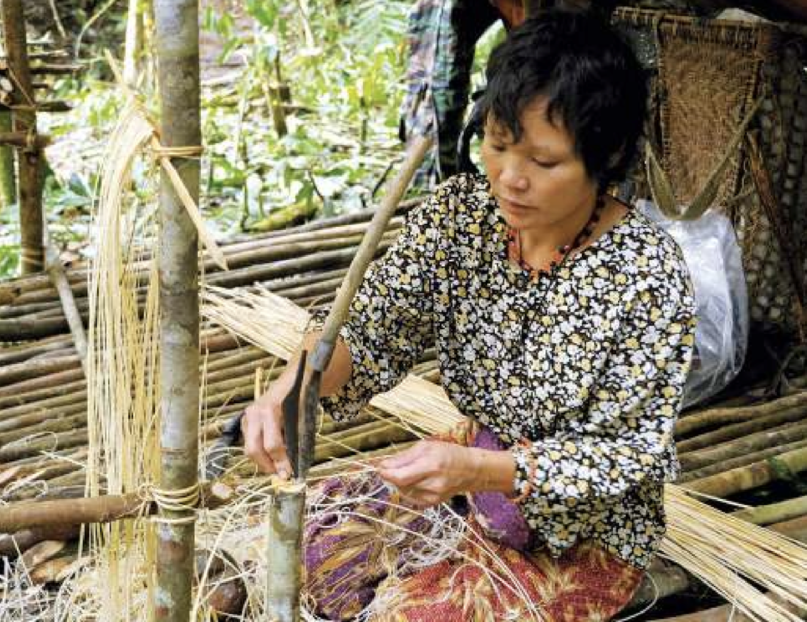
Celebrating International Day of the World’s Indigenous Peoples—tropical forest custodians
No poverty Gender equality Responsible production and consumption Climate action Life on land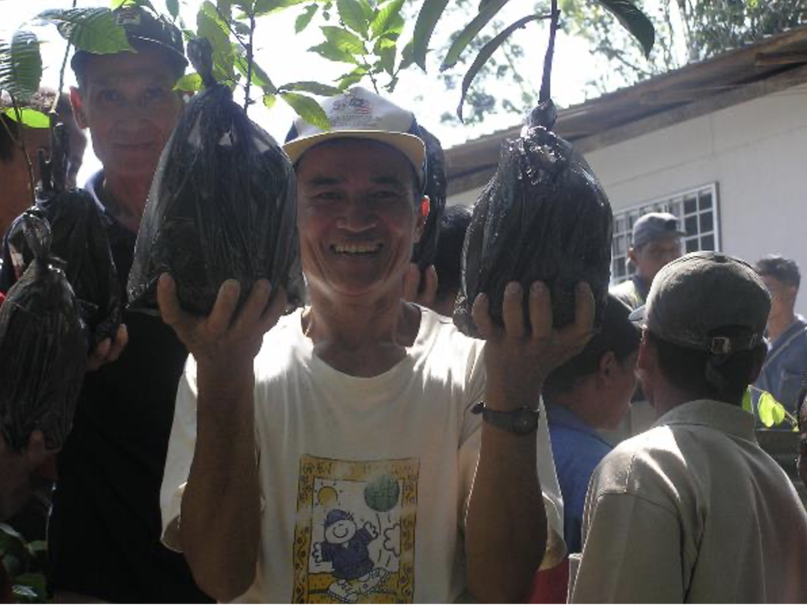
Sustainable forestry can provide vital nature-based solutions to crises
No poverty Zero hunger Industry, innovation and infrastructure Responsible production and consumption Life on land Partnerships for the goals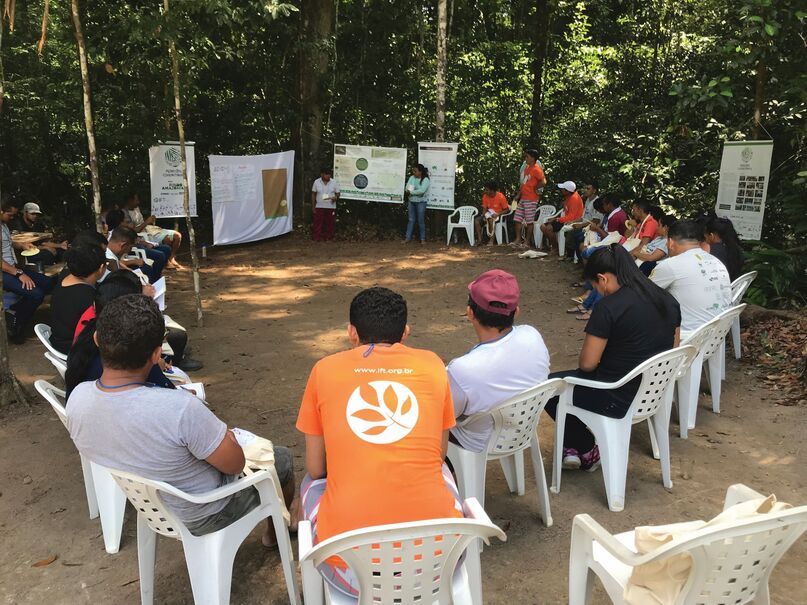
Celebrating the International Day of the Tropics—the critical importance of tropical forests
No poverty Quality education Decent work and economic growth Responsible production and consumption Climate action Life on land Partnerships for the goals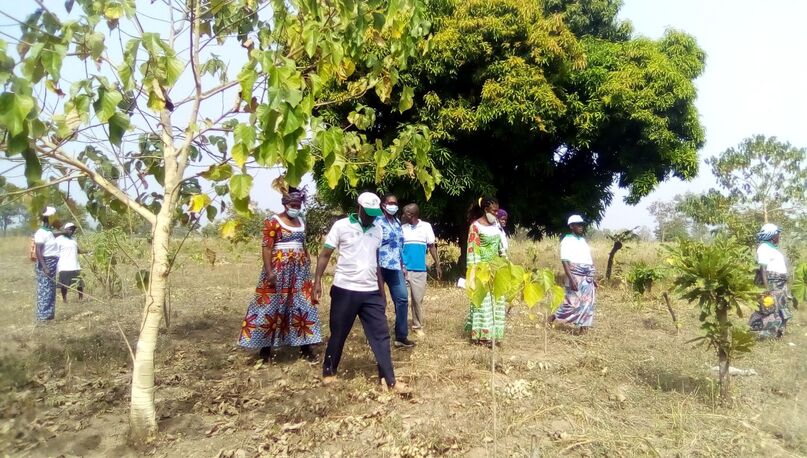
Fighting back against desertification and drought
No poverty Climate action Life on land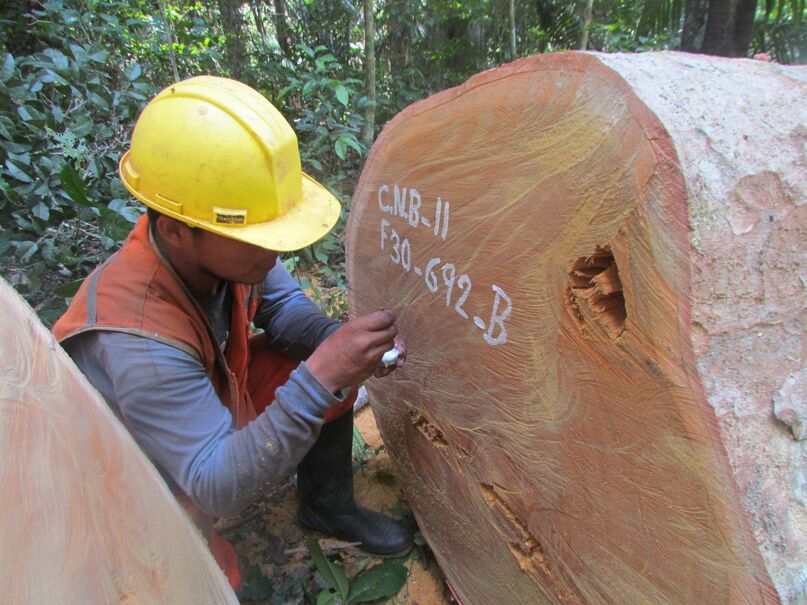
Peru’s private sector proposes forest-sector reforms
No poverty Responsible production and consumption Climate action Life on land Partnerships for the goals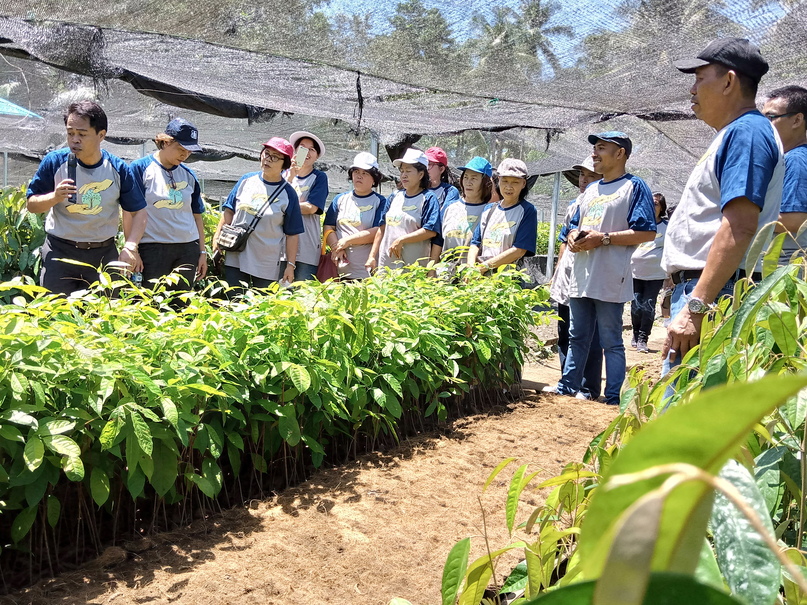
Singing from the treetops on World Environment Day—local people can create renewable resources
No poverty Responsible production and consumption Climate action Life on land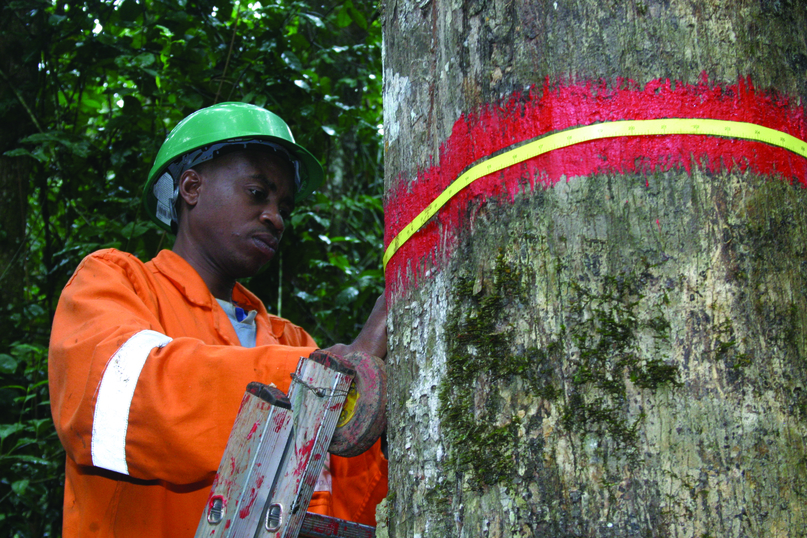
ITTO Executive Director calls for positive messaging on timber
No poverty Responsible production and consumption Climate action Life on land Partnerships for the goals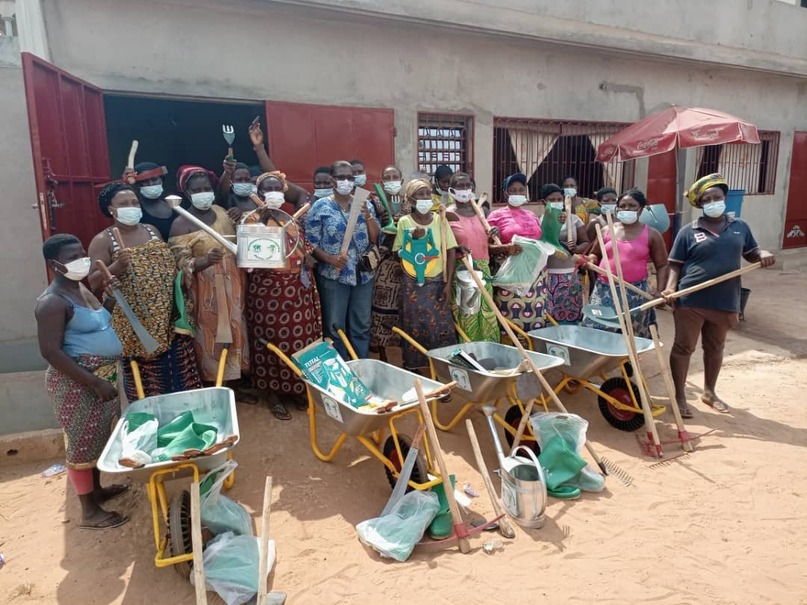
Togolese women are becoming restoration leaders, with ITTO and Soka Gakkai support
No poverty Zero hunger Gender equality Decent work and economic growth Climate action Life on land Partnerships for the goals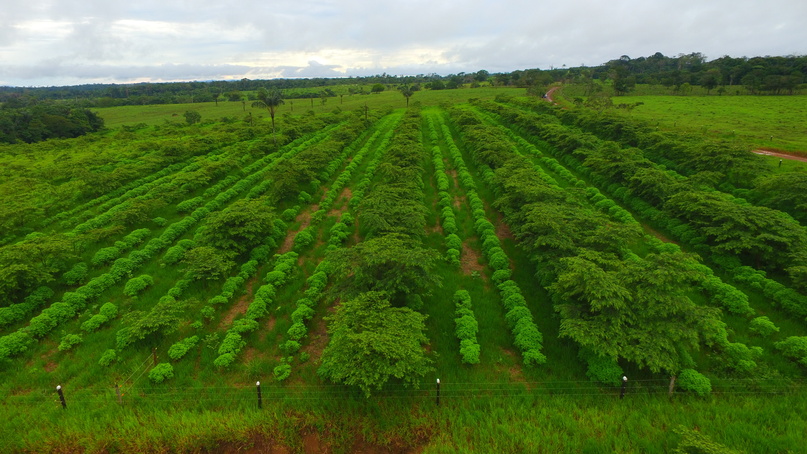
More outreach needed for uptake of forest landscape restoration in South America—webinar
No poverty Good health and well-being Climate action Life on land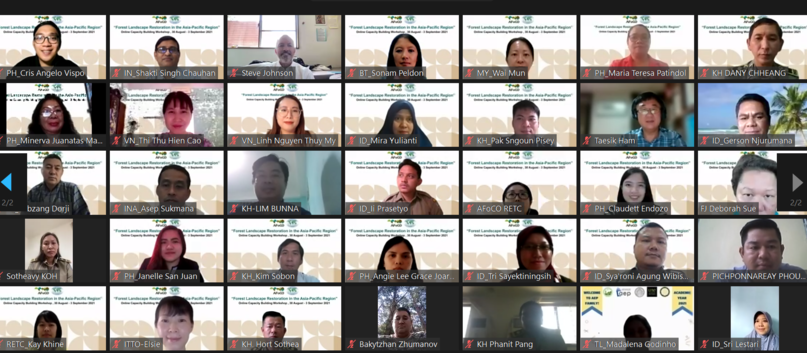
Workshop explores key elements of successful forest landscape restoration in Asia-Pacific
No poverty Good health and well-being Climate action Life on land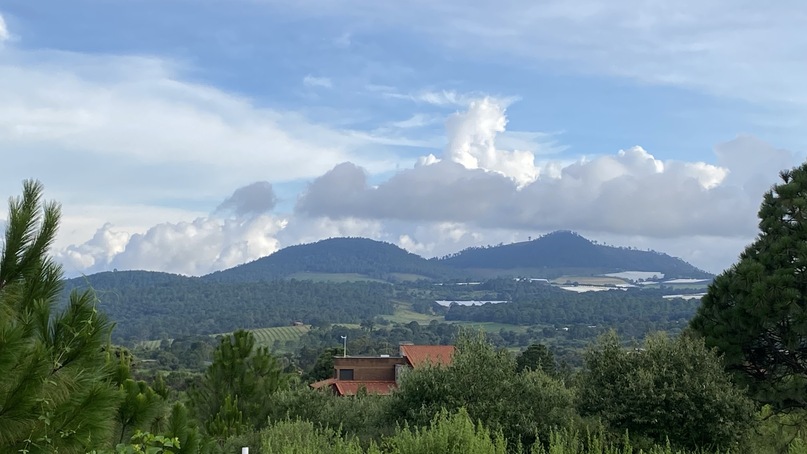
Local livelihoods the key to forest landscape restoration in Central America and Mexico—webinar
No poverty Good health and well-being Climate action Life on land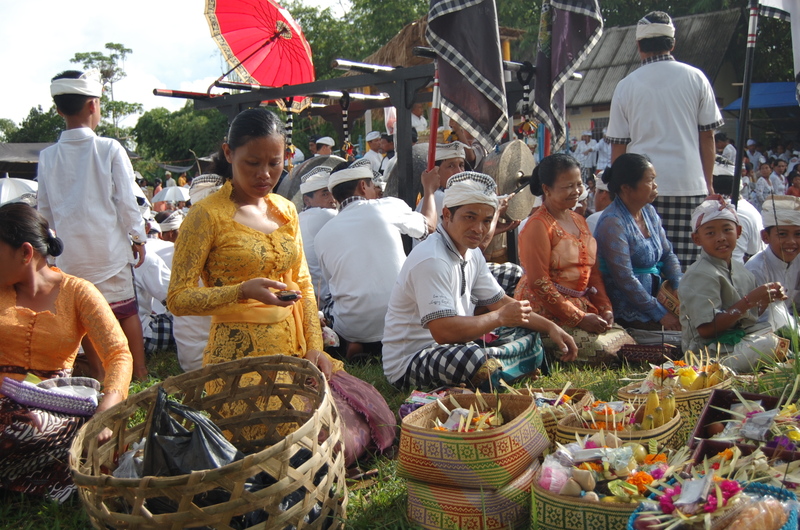
Developing the bamboo industry in Indonesia
No poverty Gender equality Industry, innovation and infrastructure Sustainable cities and communities Responsible consumption and production Life on land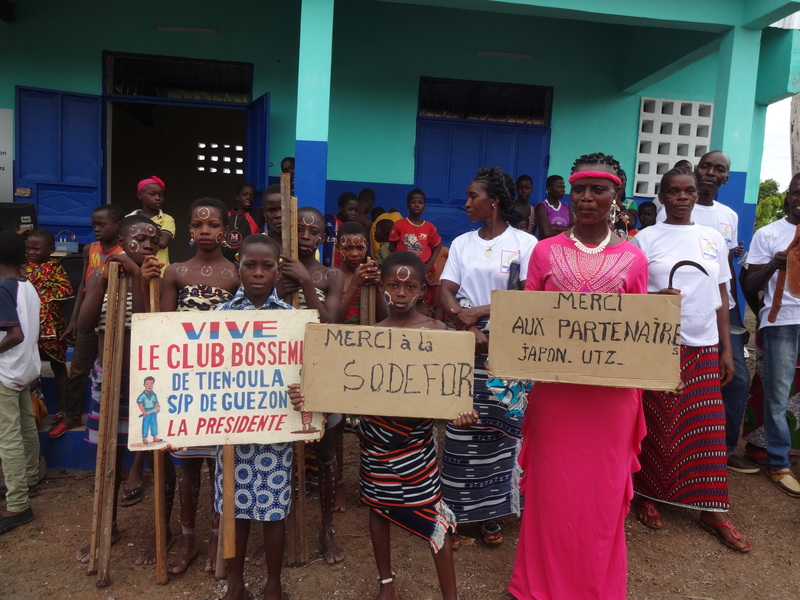
Recovering from civil war and restoring forests in Côte d’Ivoire
No poverty Zero hunger Reduced inequalities Life on land Peace, justice and strong institutions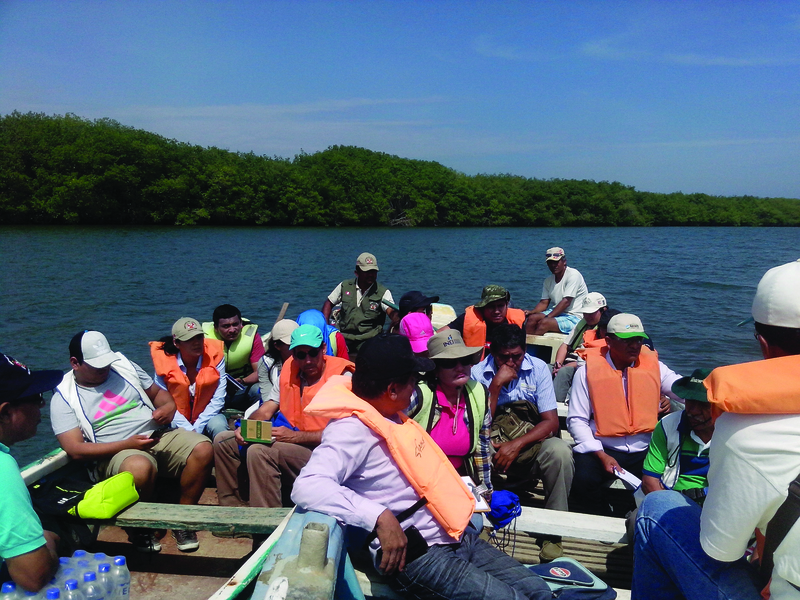
Peru’s northern mangrove corridor
No poverty Zero hunger Clean water and sanitation Life below water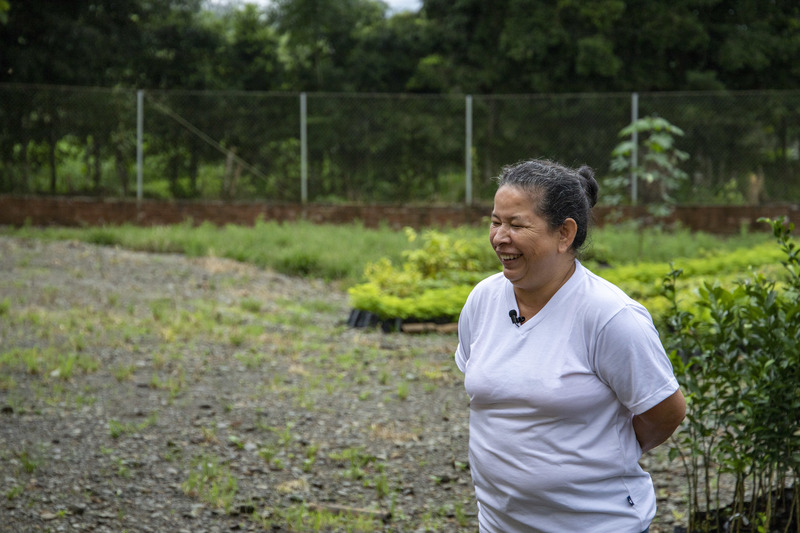
Livelihoods, forest restoration and empowered women in Ecuador
No poverty Gender equality Clean water and sanitation Life on land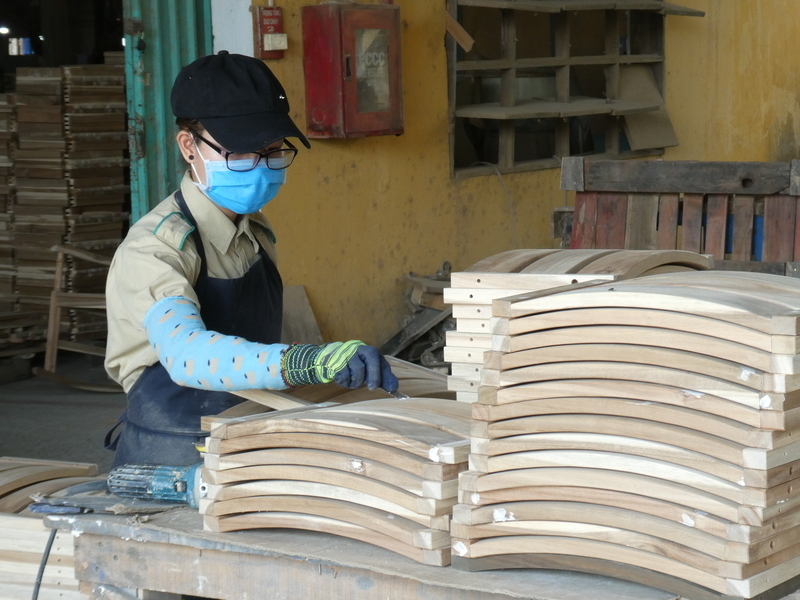
Promoting legal and sustainable supply chains
No poverty Decent work and economic growth Industry, innovation and infrastructure Responsible consumption and production Climate action Life on land Partnerships for the goals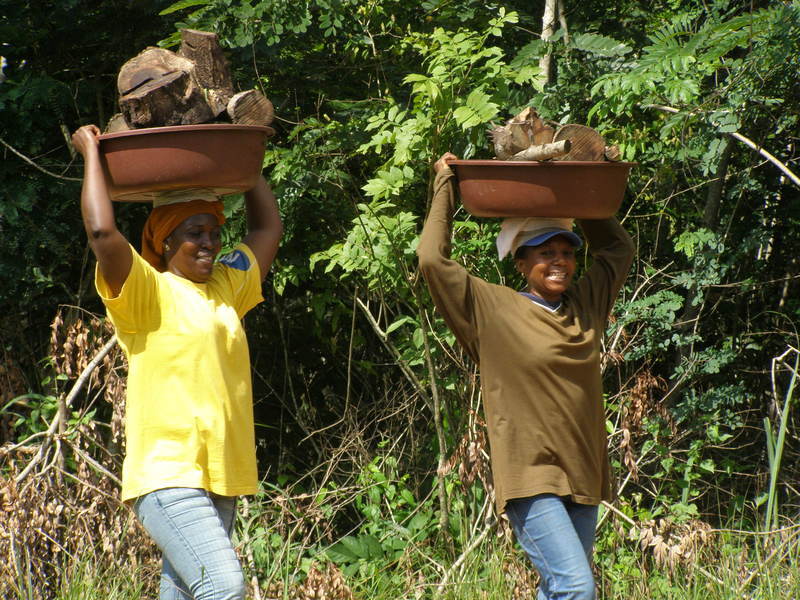
Forest restoration, sustainable charcoal and empowered women in Côte d’Ivoire
No poverty Zero hunger Gender equality Affordable and clean energy Decent work and economic growth Reduced inequalities Responsible consumption and production Climate action Life on land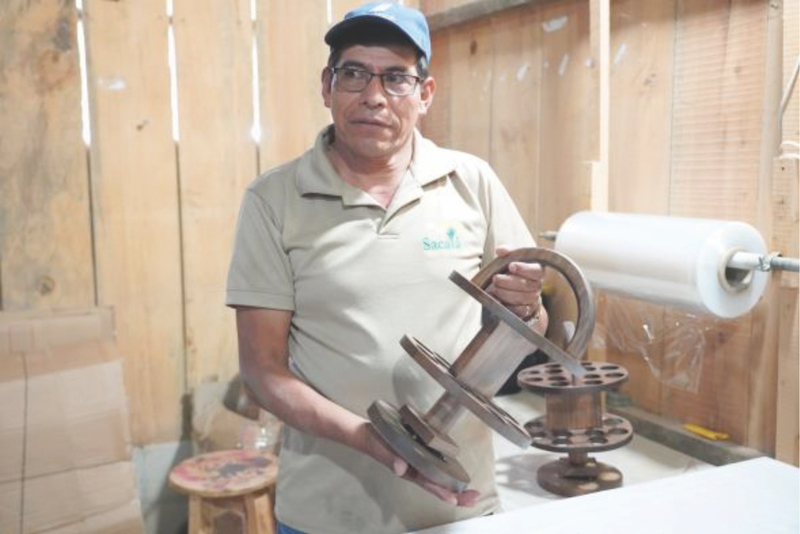
When micro businesses have macro impact
No poverty Quality education Gender equality Decent work and economic growth Industry, innovation and infrastructure Sustainable cities and communities Responsible consumption and production